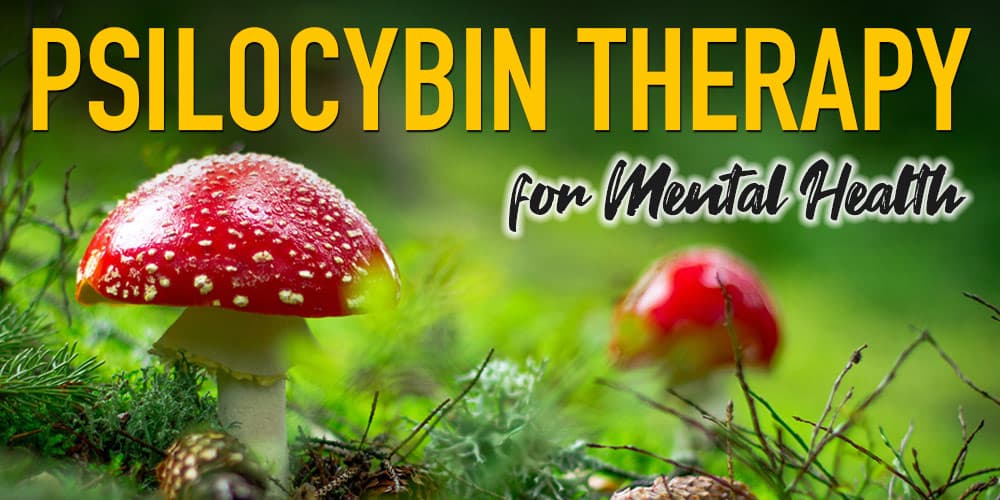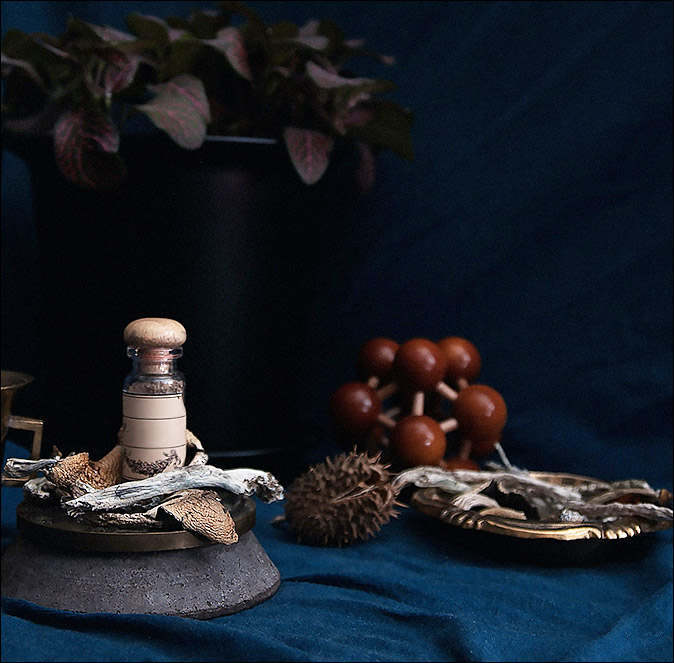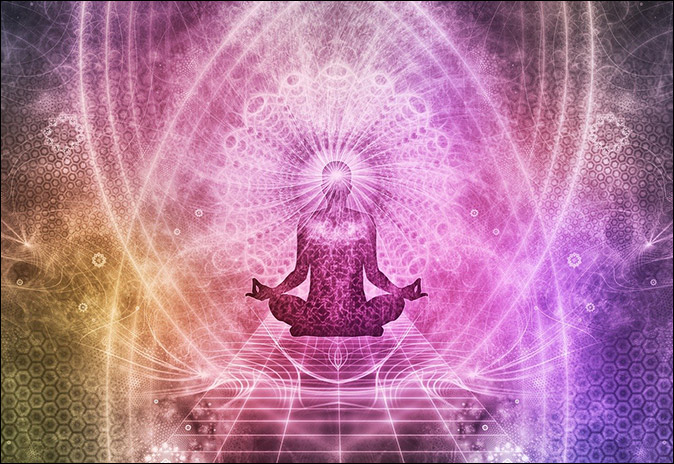
The push to find new and effective treatment approaches for mental health issues like Psilocybin Therapy for Depression has researchers digging at the roots of earlier research in psychedelic therapy.
With the Food and Drug Administration (FDA) granting the pharmaceutical company Compass Pathways a “breakthrough therapy” designation in 2018, psilocybin and depression might soon be associated with one another in wider circles.
That’s because psilocybin has shown to be a powerful tool for treating people that are resistant to other forms of antidepressant medications.
A clinical trial published by the JAMA Network in August 2023 found that a small dose of psilocybin was associated with a rapid and sustained antidepressant effect.
Psilocybin, if you didn’t know already, is the psychoactive ingredient in what are often referred to as magic mushrooms or psychedelic mushrooms.
As happened with marijuana, some cities and states like Oregon, Denver, Colorado, Oakland and Santa Cruz, California, are decriminalizing psilocybin “shrooms,” despite the federal government’s schedule I classification of the substance as having no accepted medical use.
A recent introduced in California could decriminalize psilocybin, along with other drugs that have shown promise for psychedelic therapy such as MDMA, LSD, and mescaline, among others.

What is Psilocybin Therapy?
Psilocybin Therapy is a form of psychedelic treatment used for treating depression and possibly other mental health conditions such as OCD, anxiety, or addiction.
A psychologist trained in guiding the patient through the experience administers psilocybin in a controlled environment. Because psilocybin therapy is relatively new, there isn’t a standard model for the treatment, but that is common with most drug related treatments in the early phases of research.
What’s important to understand as new treatment approaches emerge, is that psychedelic therapies are not dispensed by the local neighborhood “guru.”
In fact, the list of established institutions involved in clinical psychedelic therapy studies is growing. These include prestigious colleges like New York University, New Mexico University, the Imperial College of London, and, perhaps most notably, Johns Hopkins Center for Psychedelic Research.
Researchers at Johns Hopkins recently published a study in the journal JAMA Psychiatry that reported psilocybin, administered with supportive psychotherapy “produced rapid and large reductions in depressive symptoms…” A majority of the study participants showed improvement from depression, while at least half experienced benefits for an entire month.
Even just a month of little to no symptoms of depression can be a huge step forward for some people who may struggle with other issues, such as substance abuse or addiction and depression as a means of self-medicating.
How Does Psilocybin Therapy for Depression Work?
To be clear, there is still quite a bit of ongoing research as to how and why Psilocybin Therapy works.
Researchers conducting psilocybin trials believe it has to do with an area deep within the brain known as the claustrum. This area is just a thin layer of neurons, but it houses a multitude of receptors that reach out to other parts of the brain.
Though the claustrum’s exact functions are also not entirely understood, scientists believe it is responsible for setting our attention, helping us switch tasks, and potentially even providing our sense of self-awareness and consciousness.
In brain imaging scans of people who’ve taken psilocybin mushrooms, the claustrum is far less active, sending and receiving fewer messages to and from other parts of the brain, than when a person has taken a placebo.
Experts think this is where the psychedelic experience of feeling connected to the natural world, a mystical oneness with the universe, and a reduced sense of self comes into play.

Psilocybin assisted therapy along with guided counseling can provide an emotional distance, an open mindset and less of an ego for examining difficult life issues while also getting the natural benefits of the substance.
Compass Pathways, which is in phase 2 clinical trials with a synthetic psilocybin compound, currently leads the pack in producing an actual psilocybin drug that could go to market if approved by the FDA.
However, a number of other well-known pharmaceutical companies are likely to join this race, as research suggests psilocybin may be effective for other types of mental health conditions besides just depression.
Psilocybin Treatment and Mental Health Conditions
Aside from the research showing the beneficial effects of psilocybin on treatment resistant depression, there are other conditions scientists think it may treat.
Johns Hopkins Center for Psychedelic Research is studying certain psychedelics, including psilocybin, for potential treatment of issues like:
- Obsessive-Compulsive Disorder (OCD)
- Post-Traumatic Stress Disorder (PTSD)
- Anorexia
- Alzheimer’s Disease
- Opioid Adiction
- Alcohol Addiction
Certainly, there are detractors to using substances the federal government has classified as medicinally useless.
But as the research continues to unfold, there may be a future where healing properties of all natural, organic psychedelic compounds are used to treat mental health issues that come with the human condition, like they were once used before.

What the Future Holds for Psilocybin Therapy and Depression
Nobody knows for certain how Psilocybin Therapy for depression will play out, but there are enough medical organizations onboard to say it shows much promise.
It wasn’t long ago that Medication Assisted Treatment (MAT) for addiction was considered an obscure and controversial method of treating addiction, yet today it has proven to be one of the most effective ways of overcoming the opioid epidemic.
MDMA-Assisted Therapy for PTSD is also on the cutting edge as a breakthrough treatment for post-traumatic stress disorder, even though it shares its own controversy.
Psilocybin is one of the newest approaches for tackling depression, and for good reason. We have seen an increase in depression among teens and young adults in recent years, and Covid only seemed to make matters worse over the past year.
Medications can certainly be helpful for treating depression and many have found a combination of therapy and antidepressants give them a positive outlook on life.
For others with major depressive disorder, they have been resistant to these traditional treatment methods and it’s time to look for new approaches for helping them.
TMS Therapy has been in use for some time now and is possibly the most effective way of helping people with treatment resistant depression. This is an FDA approved treatment therapy that has been quite successful and is gaining more attention across the country.
One day hopefully in the near future, Psilocybin Therapy for depression will be another tool therapists will be able to use like TMS to offer patients success in overcoming depression to live a normal and happy life.
Related Posts
- 25 Movies About Depression
Movies about depression are relatable to such a large audience because it impacts so many…
- Burnout is Now Officially Classified as a Mental Illness
There are now over 200 classifications of mental illness, the most recent being "Burnout." Mental…
- Neurofeedback Therapy Cheat Sheet
This Neurofeedback Cheat Sheet is a quick guide that explains how Neurofeedback Therapy and neurotherapy…
